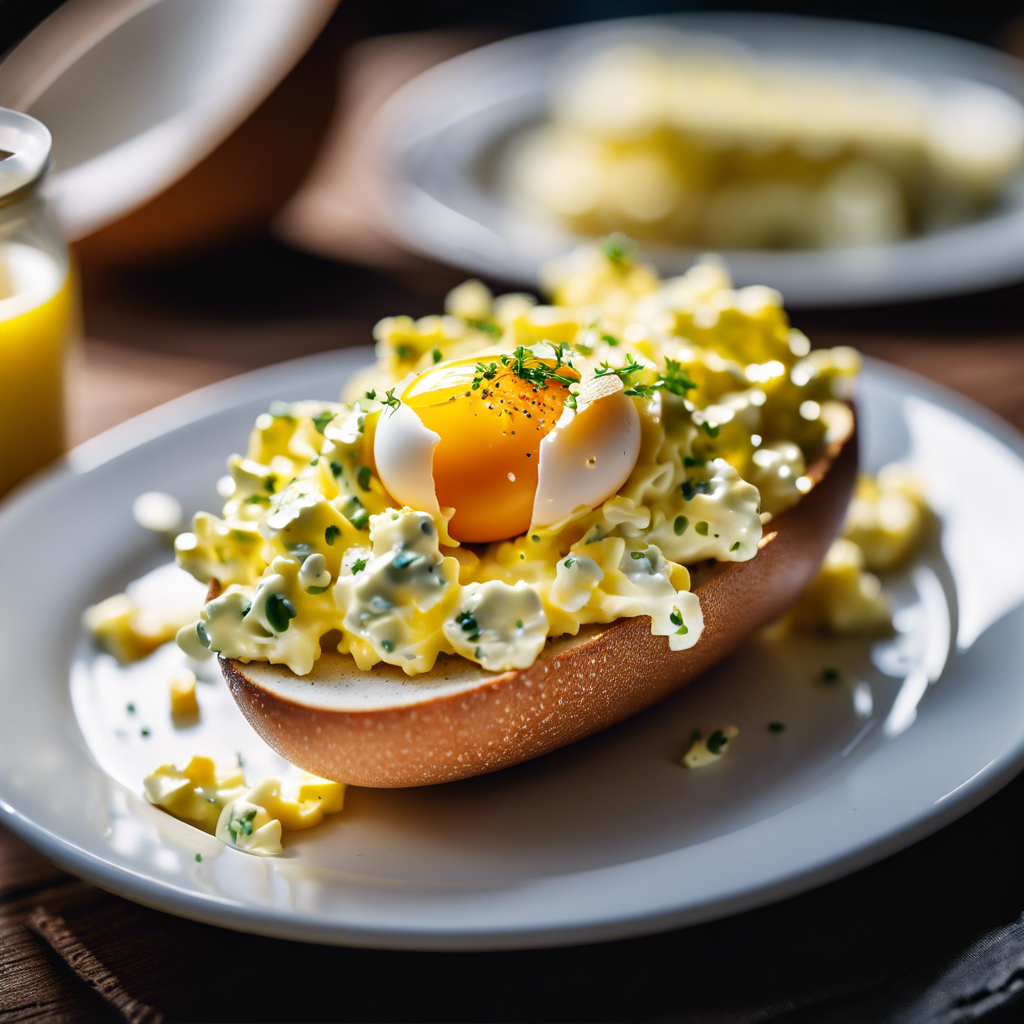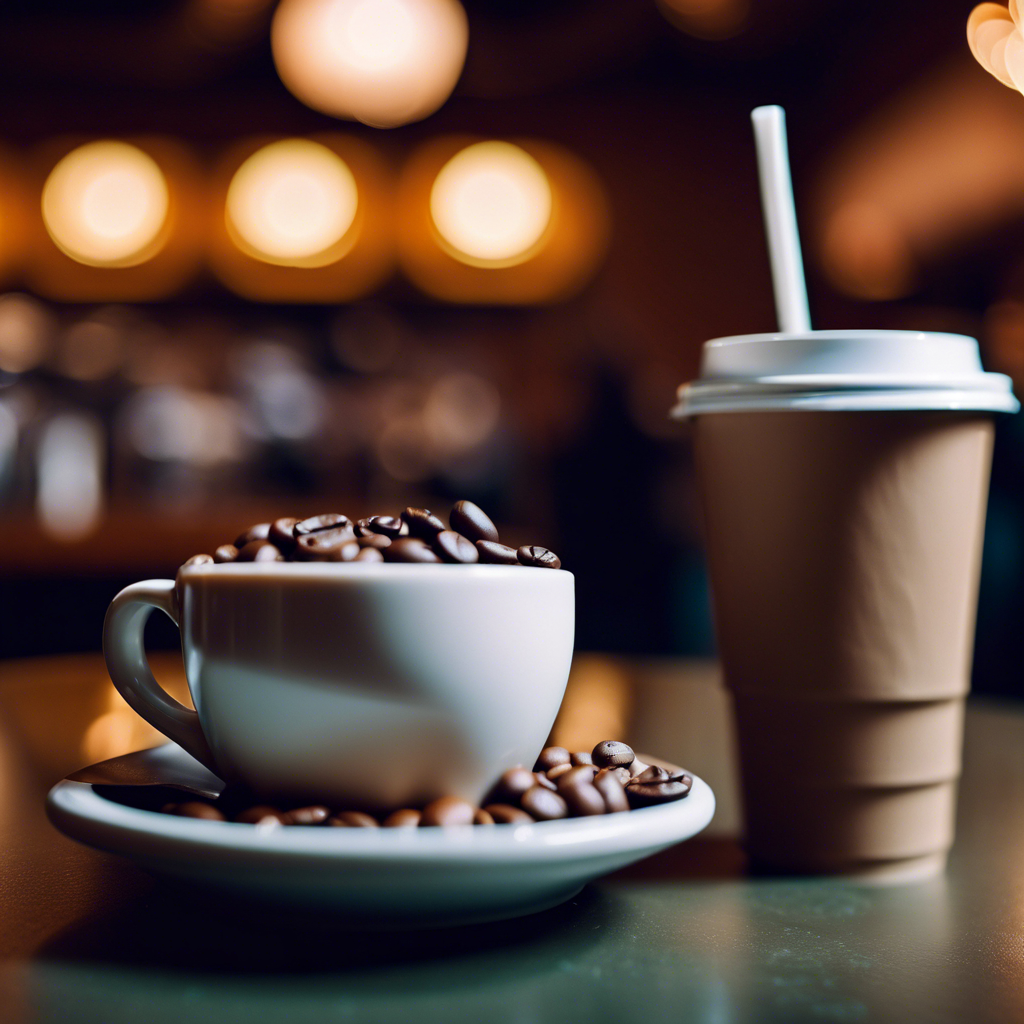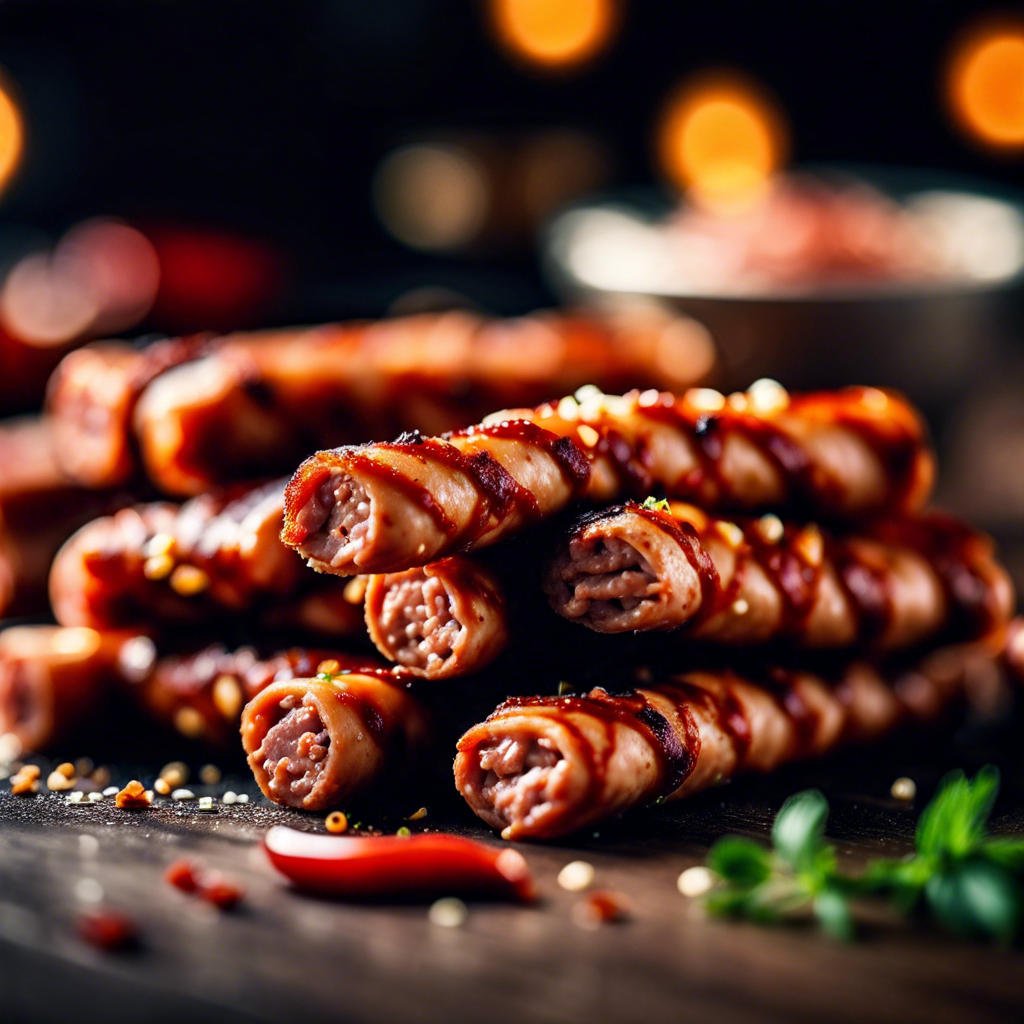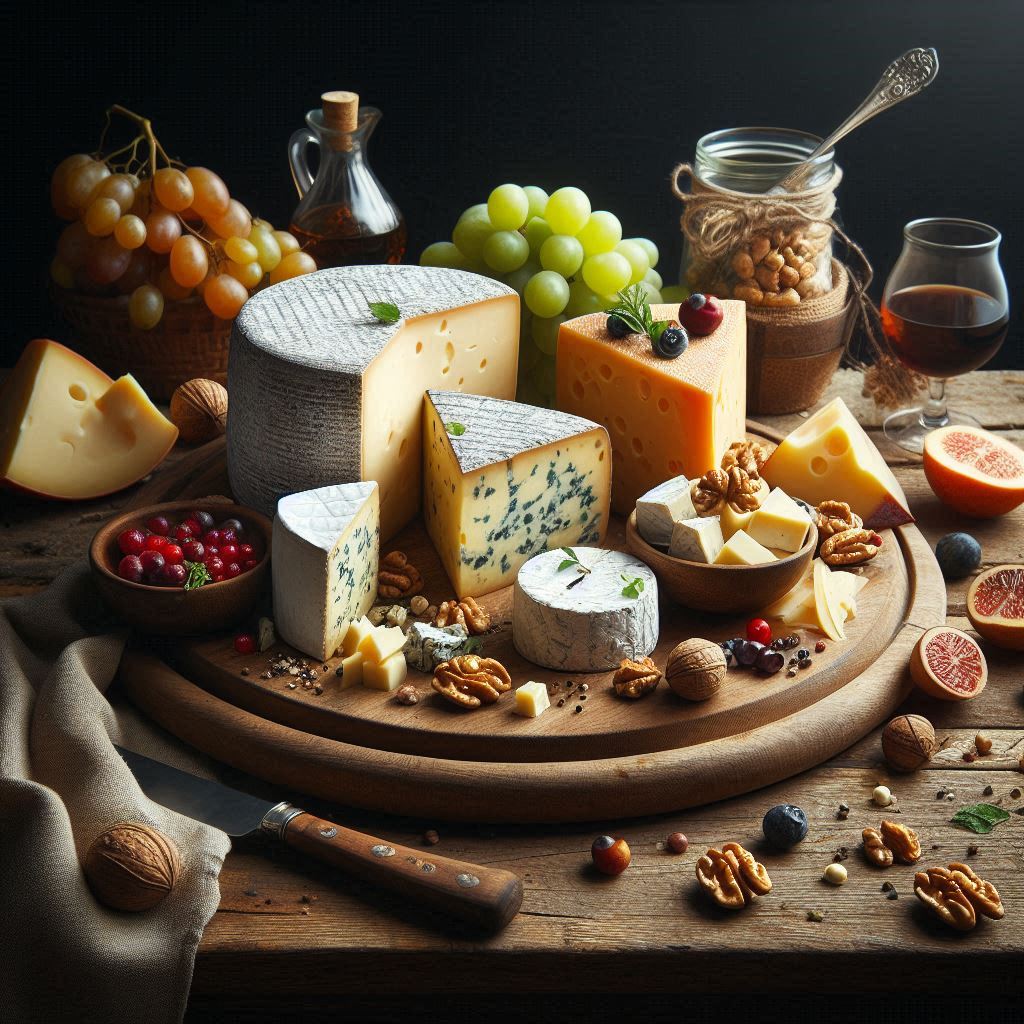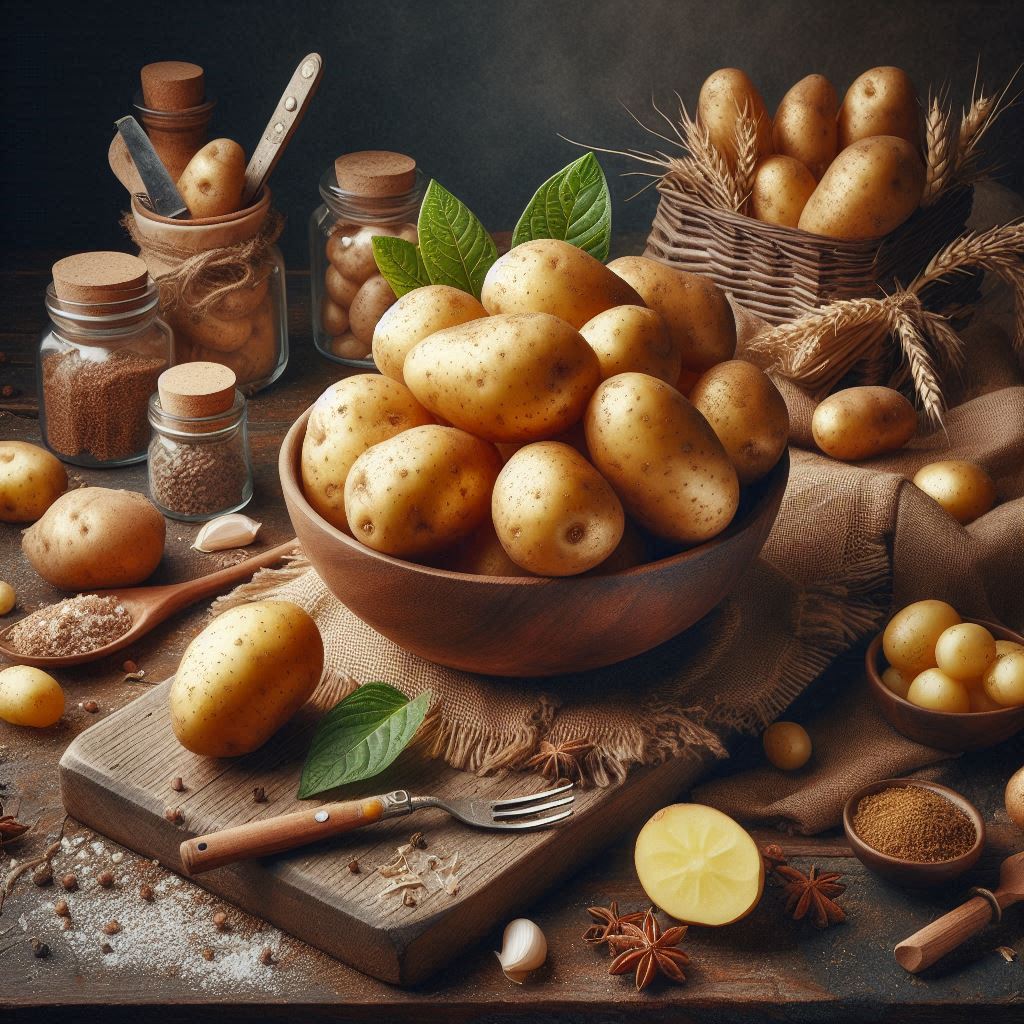The Art of Assembling the Perfect Charcuterie Board: A Beginner’s Guide

The Art of Assembling the Perfect Charcuterie Board: A Beginner’s Guide
Charcuterie boards have become a staple at gatherings of all sizes, from casual get-togethers to elegant soirées. But the art of assembling a truly stunning and delicious charcuterie board can feel intimidating for beginners. Fear not! This comprehensive guide will equip you with all the knowledge you need to create a charcuterie masterpiece that will impress your guests and tantalize their taste buds.
Choosing Your Ingredients: The Foundation of Flavor
The beauty of a charcuterie board lies in its versatility. You can tailor the ingredients to your liking and dietary needs. However, a well-balanced board typically includes a variety of the following:
Cheeses: The Stars of the Show
Aim for a selection of three to five cheeses with varying textures and flavors. Some popular choices include:
- Hard Cheese: Cheddar, Gouda, Manchego
- Semi-Hard Cheese: Gruyere, Havarti, Monterey Jack
- Soft Cheese: Brie, Camembert, Goat Cheese
- Blue Cheese: Gorgonzola, Roquefort, Stilton
Tip: Take the cheeses out of the refrigerator about 30 minutes before serving to allow their flavors to fully develop.
Cured Meats: Savory Delights
Cured meats add a salty and savory element to the board. Consider including a mix of:
- Salami: Genoa Salami, Sopressata, Calabrese
- Prosciutto: Prosciutto di Parma, Prosciutto San Daniele
- Other Cured Meats: Capocollo, Mortadella, Bresaola
Accompaniments: Enhancing Flavors and Textures
Accompaniments are crucial for adding depth and complexity to your charcuterie board. Get creative with options like:
- Crackers and Bread: Baguettes, Water Crackers, Crostini
- Fruits: Grapes, Berries, Apples, Pears, Figs
- Olives and Pickles: Castelvetrano Olives, Cornichons, Pickled Onions
- Spreads and Dips: Honey, Fig Jam, Mustard, Hummus
- Nuts and Seeds: Almonds, Walnuts, Pecans, Pumpkin Seeds
Arranging Your Charcuterie Board: A Feast for the Eyes
Once you’ve gathered your ingredients, it’s time for the fun part – arranging your board! Here are some tips for creating a visually appealing and appetizing spread:
- Start with the Cheeses: Place the cheeses around the board, leaving space between each one.
- Add the Meats: Arrange the cured meats next, folding them or creating small piles for visual interest.
- Fill in with Accompaniments: Strategically place bowls of olives, pickles, spreads, and dips around the board.
- Add Fruits and Nuts: Scatter fruits, nuts, and seeds to fill any gaps and add pops of color.
- Don’t Forget the Cutlery: Provide small knives for spreading cheeses and small tongs or forks for picking up meats and olives.
Pairing Your Charcuterie Board: Enhancing the Experience
No charcuterie board is complete without a refreshing beverage to accompany it. Some classic pairing options include:
- Wine: A crisp white wine, a light-bodied red wine, or a sparkling wine
- Beer: A refreshing lager, a fruity ale, or a crisp IPA
- Non-Alcoholic Options: Sparkling water, fruit juice, or iced tea
Conclusion: Mastering the Art of Charcuterie
Creating the perfect charcuterie board is more than just assembling ingredients on a platter. It’s an art form that involves carefully selecting and arranging flavors and textures to create a harmonious and delicious experience. With this beginner’s guide, you’re well on your way to becoming a charcuterie master. So gather your friends and family, unleash your creativity, and savor the deliciousness of a perfectly crafted charcuterie board.

